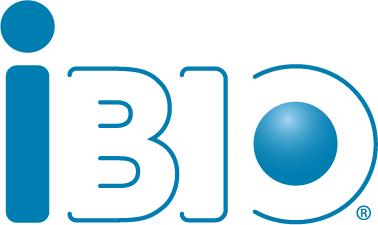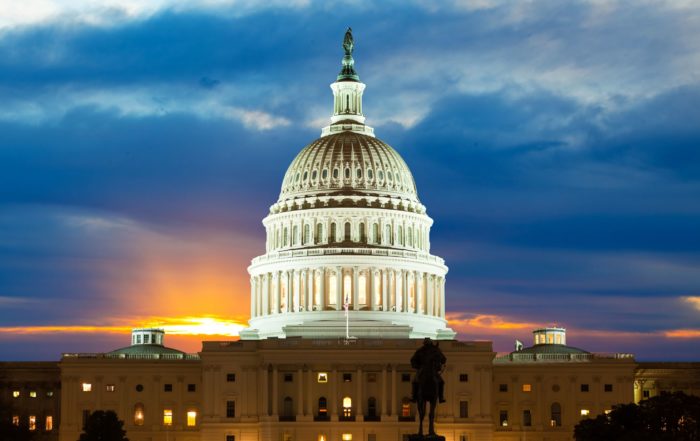On Sept. 19, House Speaker Nancy Pelosi (D-San Francisco) unveiled legislation in the form of the Lower Drug Costs Now Act (H.R. 3)
Illinois is home to over 45,000 researchers, doctors, lawyers and business women and men in the biopharma industry who have an unwavering commitment to improving patient lives.
iBIO’s members are committed to expanding the boundaries of science by discovering, developing, and delivering innovative and needed medications to patients. Our members believe that all patients who can benefit from medications and therapies should have access to them.
iBIO is very concerned with the provisions included in H.R.3 to establish price controls as a mechanism for lowering list prices for pharmaceuticals in the US.
Specifically H.R. 3 would:
- Require the Secretary of Health and Human Services (HHS) to directly negotiate the price of 25 to 250 brand-name drugs annually that lack a generic or biosimilar competitor and have the greatest cost to Medicare and the U.S. health system. H.R. 3 would establish an upper limit for the price reached in any negotiation as no more than 120 percent of the volume-weighted average of the price of six countries (Australia, Canada, France, Germany, Japan, and the United Kingdom). This price is known as the Average International Market (AIM) price. The articulated goal of this policy is for HHS to negotiate a price that is below the AIM, called the “maximum fair price”, which would be applied to Medicare. Medicare Advantage and Part D plans could use additional tools to negotiate even lower prices.
- Require a manufacturer to offer the maximum price set by HHS to the commercial market. If a manufacturer does not agree with the maximum price, they will be assessed a penalty starting at 65% of the annual gross sales and increasing 10% every quarter to a maximum of 95%. If the manufacturer agrees to the maximum price, but overcharges Medicare or fails to offer the price to other payers, they are subject to a civil monetary penalty of 10 times the difference between the price charged and the maximum price. The bill would also establish a new inflation rebate for the more than 8,000 drugs in Medicare Parts B and D, retroactive to 2016, and the drug company can either lower the price or rebate the entire amount above inflation to the Treasury.
- Create a $2,000 out-of-pocket limit on Medicare Part D beneficiary prescription drug costs, beginning in 2022, and redesigns the program to have an initial coverage period and then catastrophic phase, effectively eliminating the coverage gap. However, the bill lowers the government’s exposure in the catastrophic phase from 80% to 20%, increases the insurers exposure from 20% to 50%, and increases manufacturer exposure from zero to 30%. Manufacturers would also be required to pay 10% in the initial coverage period. (Notably, this is a significant increase from the bipartisan Senate Finance Committee proposal, which would eliminate the coverage gap and have manufacturers pay 20% in the catastrophic phase.)
iBIO is opposed to any provision to transform Medicare Part B from a market-based payment formula to one tied to imported price controls. Understanding how prices vary between nations requires a comprehensive understanding of the different market access systems that exist for prescription drugs. These plans do not take into consideration the impact on patients and their access to life saving therapeutics.
What is of more concern is the cooling effect H.R. 3 could have on venture investment for small and emerging companies. More than 90% of the Biopharmaceutical industry is made up of small and emerging companies. These companies are responsible for 70% of the global clinical pipeline. This part of the industry is not actively engaged in the sale of pharmaceuticals or setting drug prices, but the impact of H.R. 3 for these companies can be great.
iBIO will work with our national partners to oppose the provisions in H.R. 3.
More resources on this issue:

